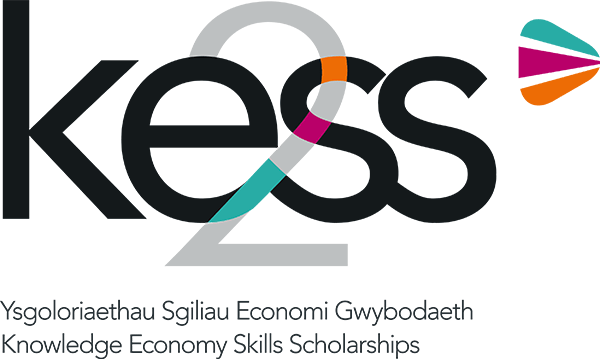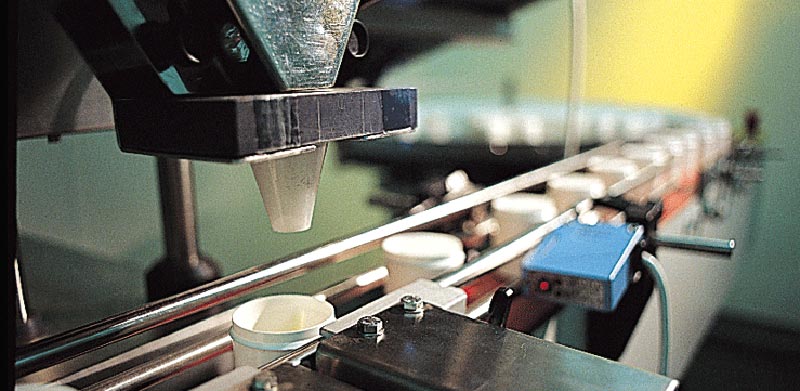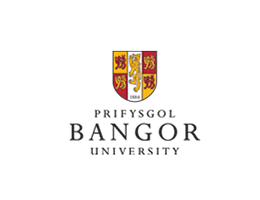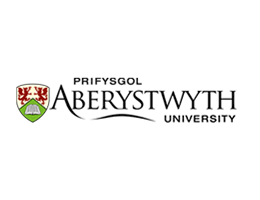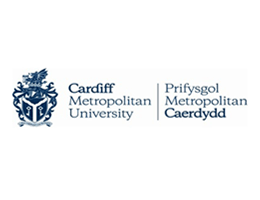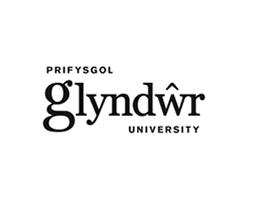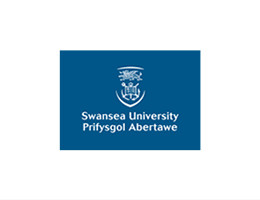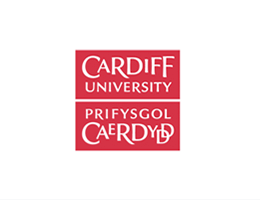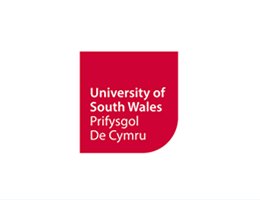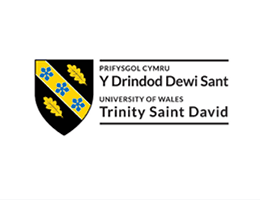What is KESS II?
Knowledge Economy Skills Scholarships (KESS II) is a major pan-Wales operation supported by European Social Funds (ESF) through the Welsh Government which links companies and organisations with academic expertise in the Higher Education sector in Wales to undertake collaborative research projects. Following the highly successful KESS project between 2009 and 2014, KESS II is now in the second round of funding and will provide 645 scholarships over the course of six years.
Quick Facts
Who can participate in KESS II?
A range of companies and organisations can participate in KESS II, including Micro companies, SMEs, Large companies, Third Sector and Social Enterprises. To be eligible you must have an operational presence in the Convergence region (West Wales and the Valleys).
Convergence Area Map (opens in a new tab)
What are the benefits for the company?
Not only is KESS II an opportunity to have a Research Masters/PhD student work on an area specific to your business, there are many other benefits to being a KESS II company partner:
- Develop a research culture within your organisation
- Position your organisation as a voice of authority and market leader in your sector
- Test claims, perceptions and experiences regarding your product, service or brand
- Establish and maintain valuable links with the University
- Attract and support the development of new researchers in your company
- Take advantage of the very low entry cost for the potential return your project could bring
What are the costs?
The company cash contributions for KESS II projects are as follows:
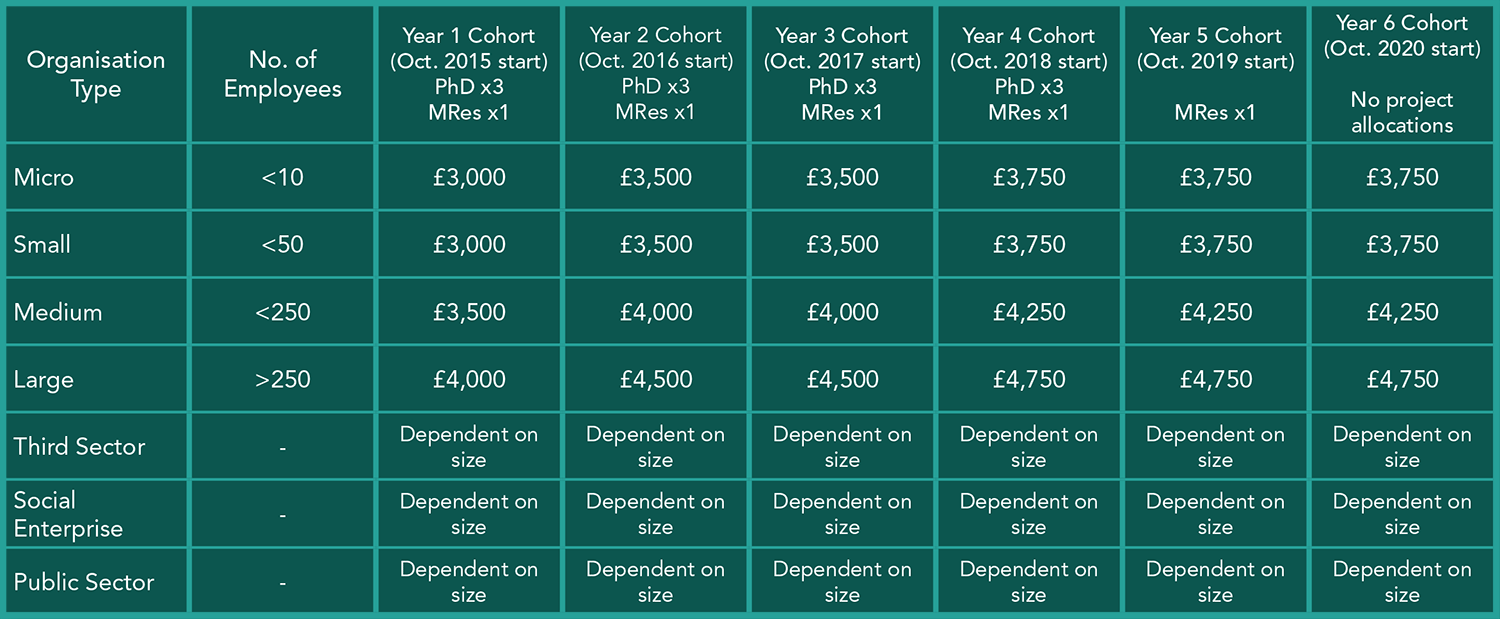
All Cash Contributions are subject to VAT (Partners should seek advice from their Finance Department)
Is the company involved in defining the research projects?
Absolutely. Projects are defined in partnership with the company and in an area you wish to see developed. The company also has an input on the selection of the research student for the project. Research undertaken through a KESS II project must fit within one of the Welsh Government’s four Grand Challenge Areas which are:
- Life Sciences & Health
- Advanced Engineering & Materials
- Low Carbon, Energy & Environment
- ICT & The Digital Economy
The Approval Panel will consider other projects if they can demonstrate fit with spatial plan/cross cutting technologies/demand from local employers or significant potential impact.
What is expected of a KESS II company partner?
That you have a base within the Convergence area of Wales (click to view map)
That you are able to participate in quarterly progress meetings and complete progress reports
That you can supervise your student whilst on placement within your company
Does the research student spend time at the company?
Yes, this is an important element of the KESS II model. The research student will spend a minimum of 30 days per year at the company, subject to agreement between the company and academic supervisors. This can be flexible depending on the project.
Do I have to employ the research student at the end of the project?
There is no obligation to employ your KESS II scholar at the end of the research, although this would be an excellent outcome for the project.
Who owns the Project Results (IPR)?
In order to demonstrate compliance with State Aid rules, project IPR results and any Intellectual Property arising from a KESS II project will be owned by the relevant University. Background Information used in connection with the KESS II project will remain the property of the party introducing it and will be subject to confidentiality obligations. The relevant University will grant the company partner the first option for either an exclusive or non-exclusive licence to use the Intellectual Property or other Project IPR Results as negotiated between the parties involved.
Are there other benefits to participating?
Feedback from previous participants shows that companies really value the link with the Universities and this has often led to other collaborations.
- For business owners and managers one of the greatest benefits is being able to focus skills towards a research area related to their business – something that is often not possible without costly additional resource.
- The positive publicity and associations around these projects has often meant that businesses have had an excellent return on their investment long before the research results are published or their impact felt.
- All KESS scholarships are integrated with a high-level skills training programme for the participating student, leading to a Postgraduate Skills Development Award, which addresses any knowledge or skills gaps they may have.
Are there other schemes that could benefit my organisation?
Yes. Partner Universities have a range of schemes, many of them grant supported which package business projects with graduate skills. If KESS II is not appropriate then Knowledge Transfer Partnerships (tactical and strategic knowledge transfer projects) may be suitable for your needs. Contact your local institution directly for more details on these and other opportunities.
